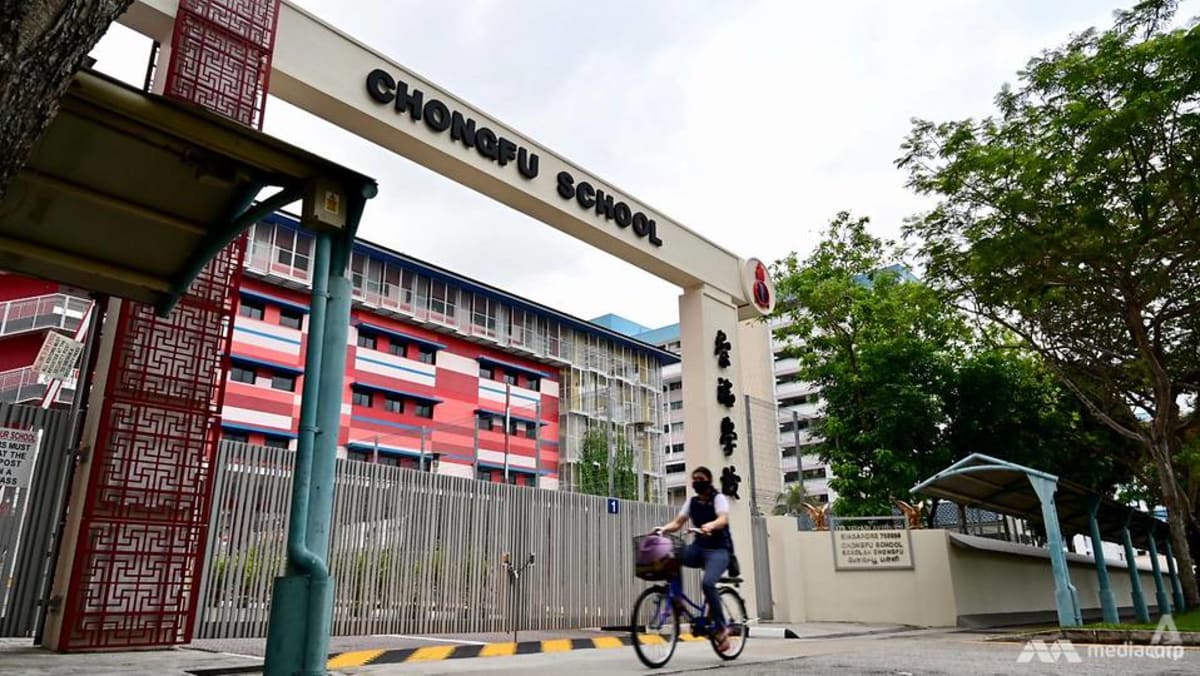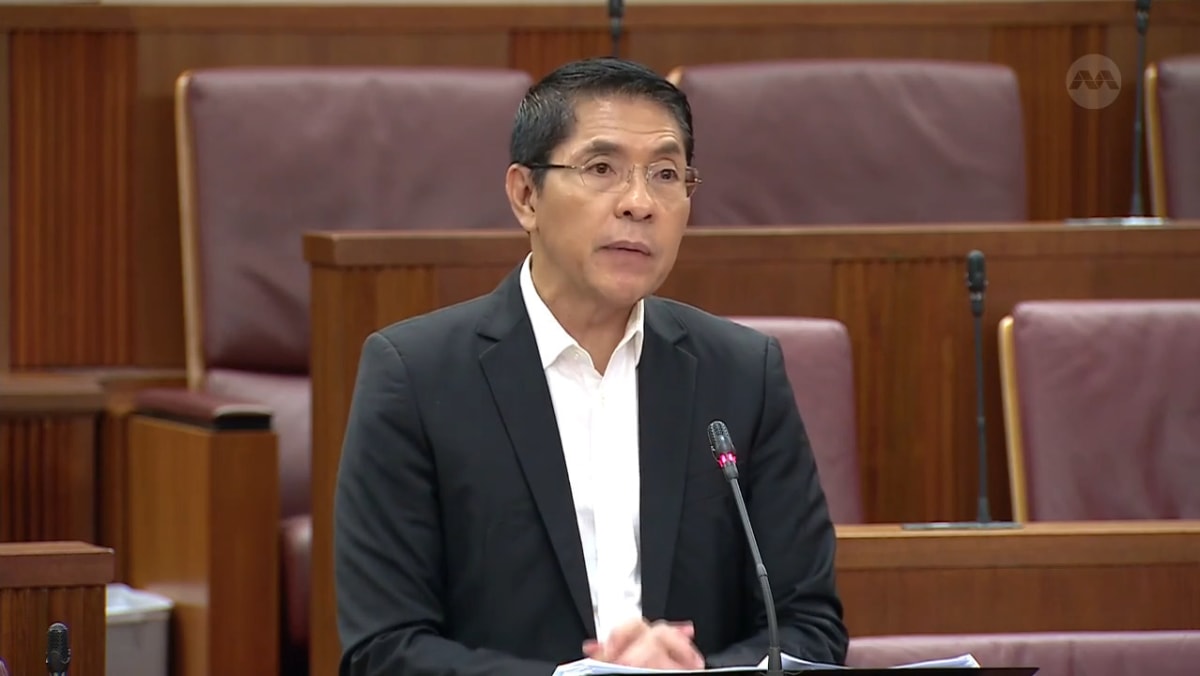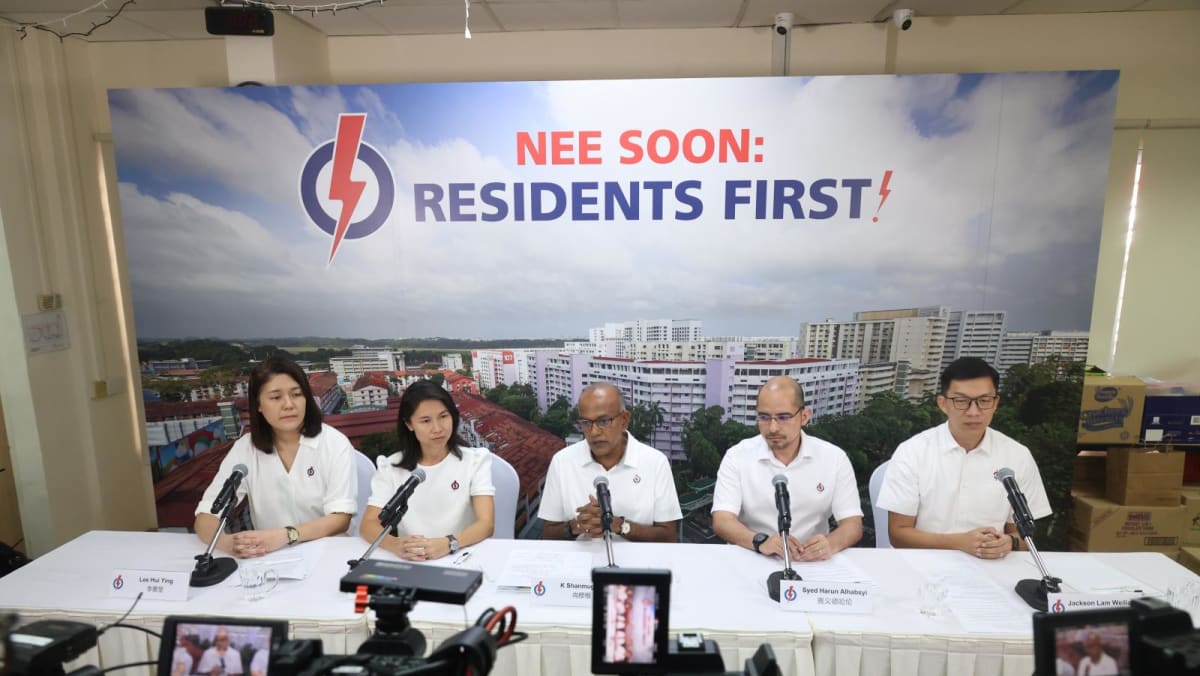SINGAPORE: Since Singapore’s May 3 polls were called, there has been a surge in the number of General Election-related online videos created using artificial intelligence (AI) tools.
CNA detected 73 such videos posted between Apr 15 and Apr 19. This was more than the 64 such clips in an entire month from Mar 14 to Apr 14. All the videos were posted on TikTok.
Apr 15 was when the Writ of Election was issued.
The upswing in such videos comes in spite of a new law banning digitally generated or manipulated content that misrepresents what candidates say or do, regardless of whether it is favourable or unfavourable to them.
GE2025 is the first time the legislation is in place. From Apr 15 to Nomination Day on Apr 23, the ban covers prospective candidates who have paid their election deposits and given the Elections Department consent to make their candidature public.
After nomination proceedings close, the ban will cover all candidates through the remainder of the election period.
Out of the 73 AI-generated, GE-related videos posted since Apr 15, CNA found that 11 contain digitally generated or manipulated visuals of prospective candidates, potentially violating this new law.
The number grows to 27 if the count includes videos that contain genuine footage of prospective candidates, but together with AI elements like avatars and text-to-speech voiceovers.
Under the law, corrective directions can be issued to individuals, requiring them to take down the content; or to social media providers asking them to disable access.
Failure to comply can lead to jail or a fine.
As of Monday (Apr 21), no corrective directions against deepfakes misrepresenting candidates have been issued.
The Ministry of Digital Development and Information (MDDI) told CNA the public will be notified if there are any issued.
The ministry said it was “closely monitoring Singapore’s online space during the General Election”.
“There are processes in place to monitor for and minimise the risk of election interference that can arise from the spread of prohibited content, such as deepfakes misrepresenting candidates,” it said.
“There are dedicated teams standing up during the election period for this purpose, and they will work closely with social media services to act swiftly on prohibited content.”
MDDI also said candidates and members of the public should remain “alert and discerning consumers of information”.
The ministry did not answer CNA’s questions on what and how many reports of AI-generated content it has received, investigations it is conducting and enforcement actions taken.
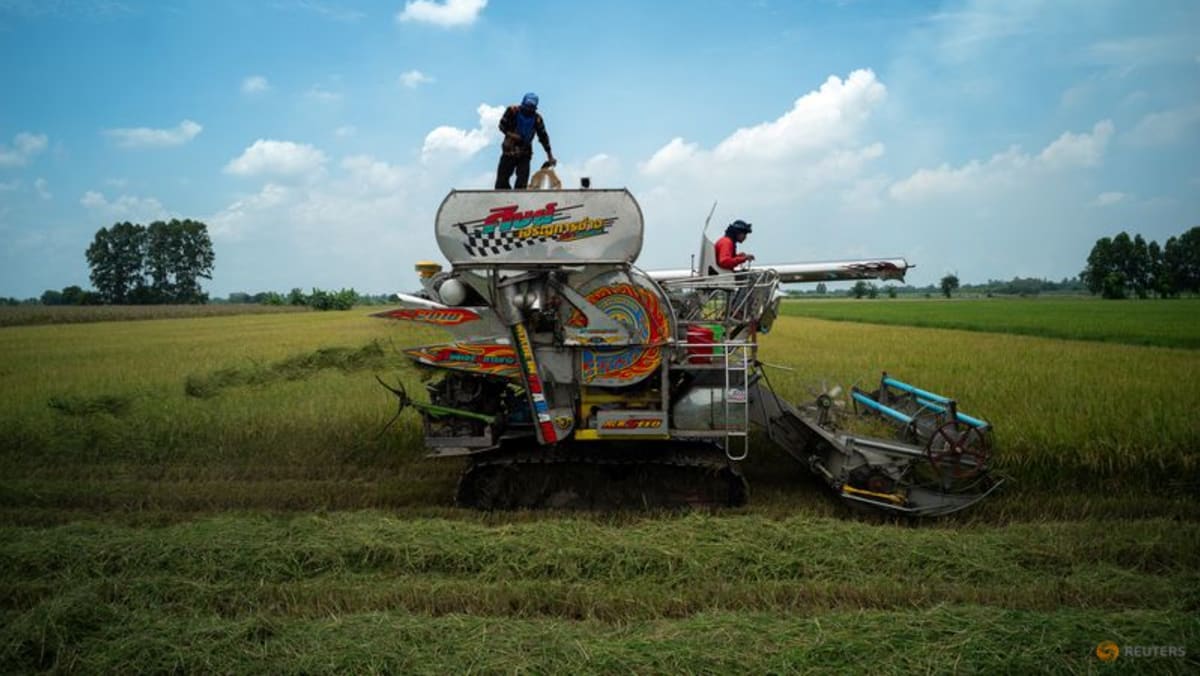

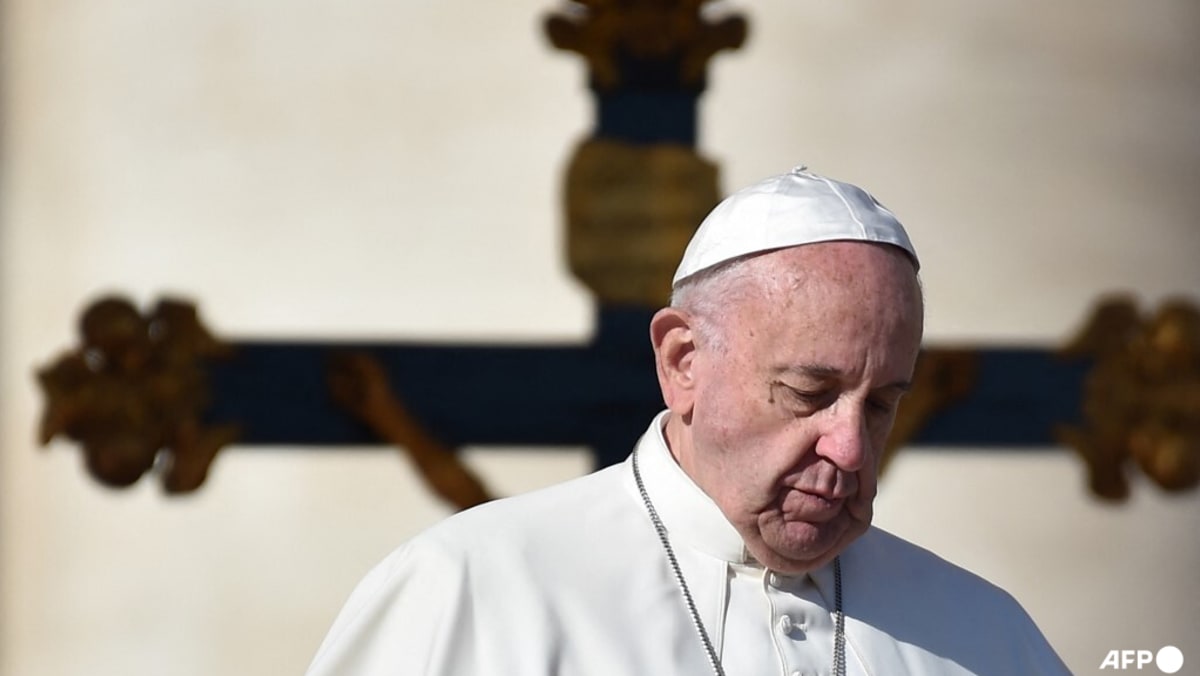


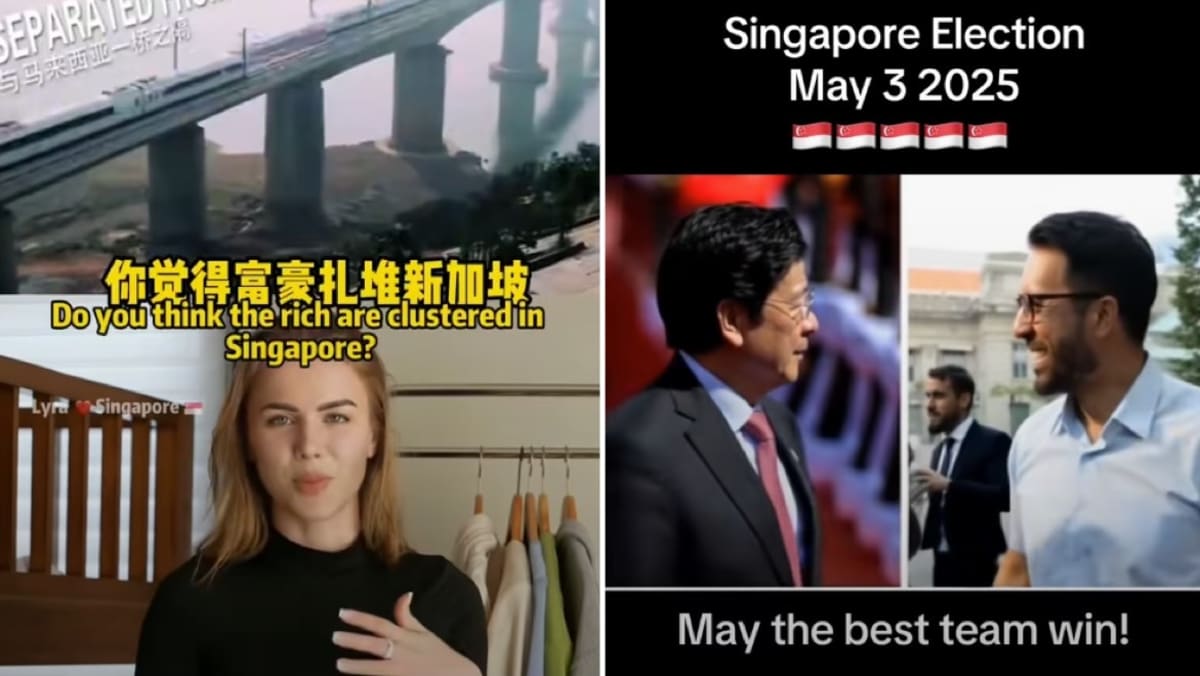
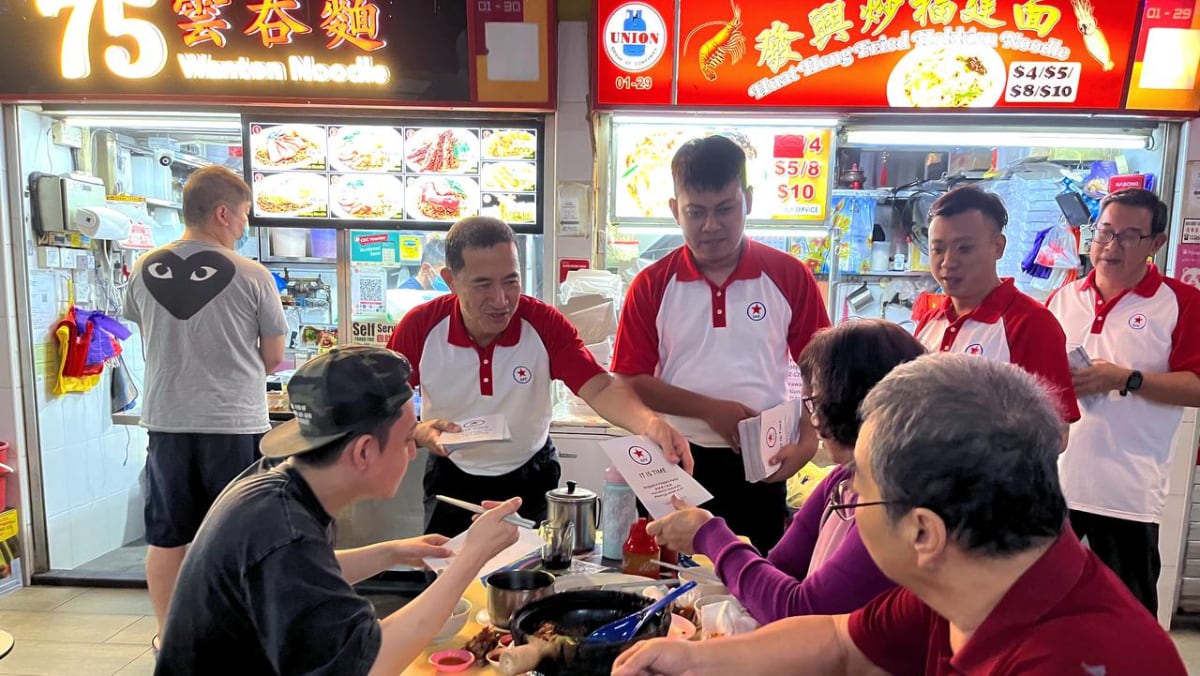
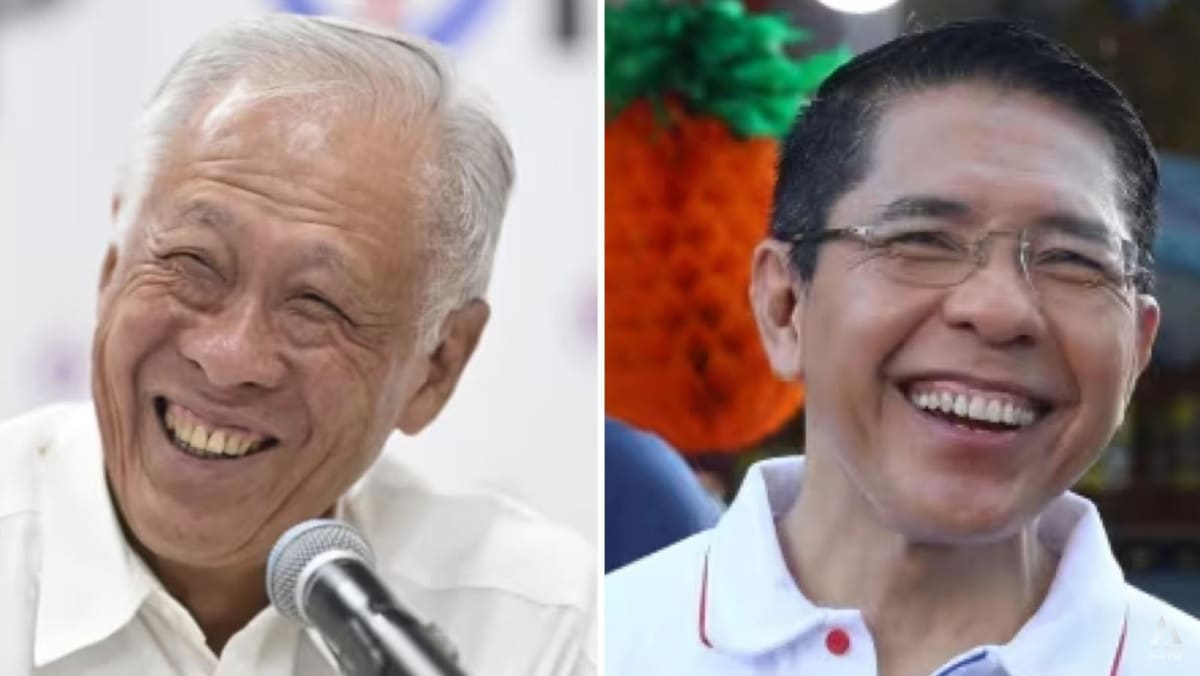

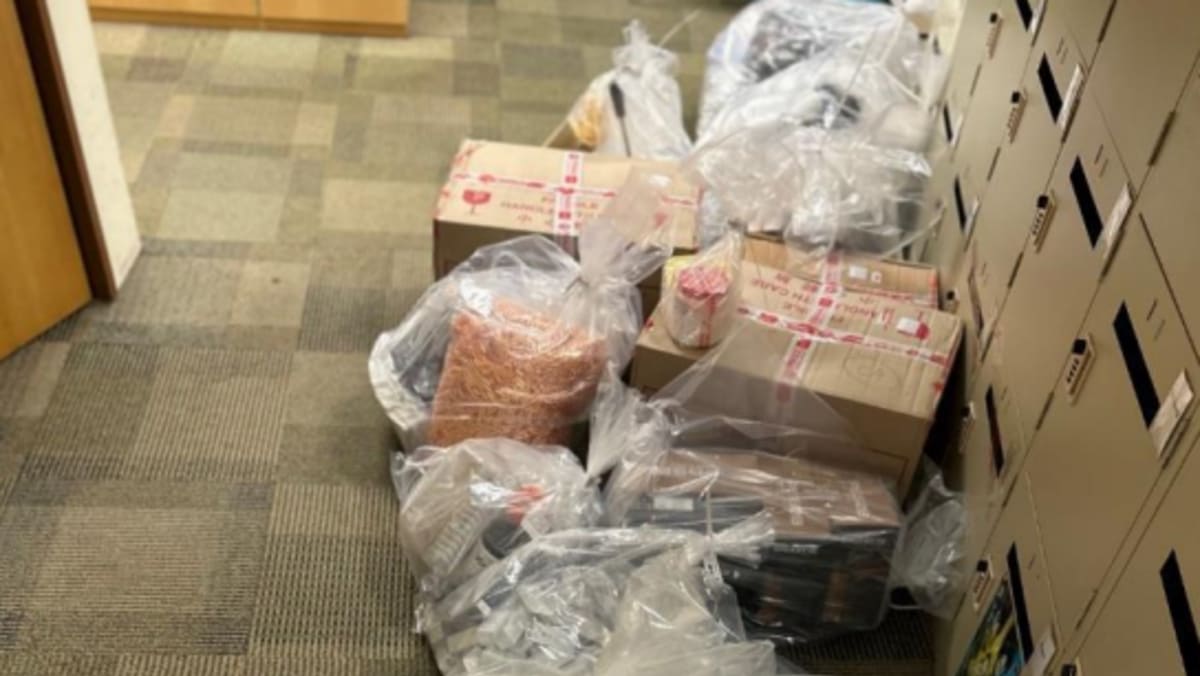
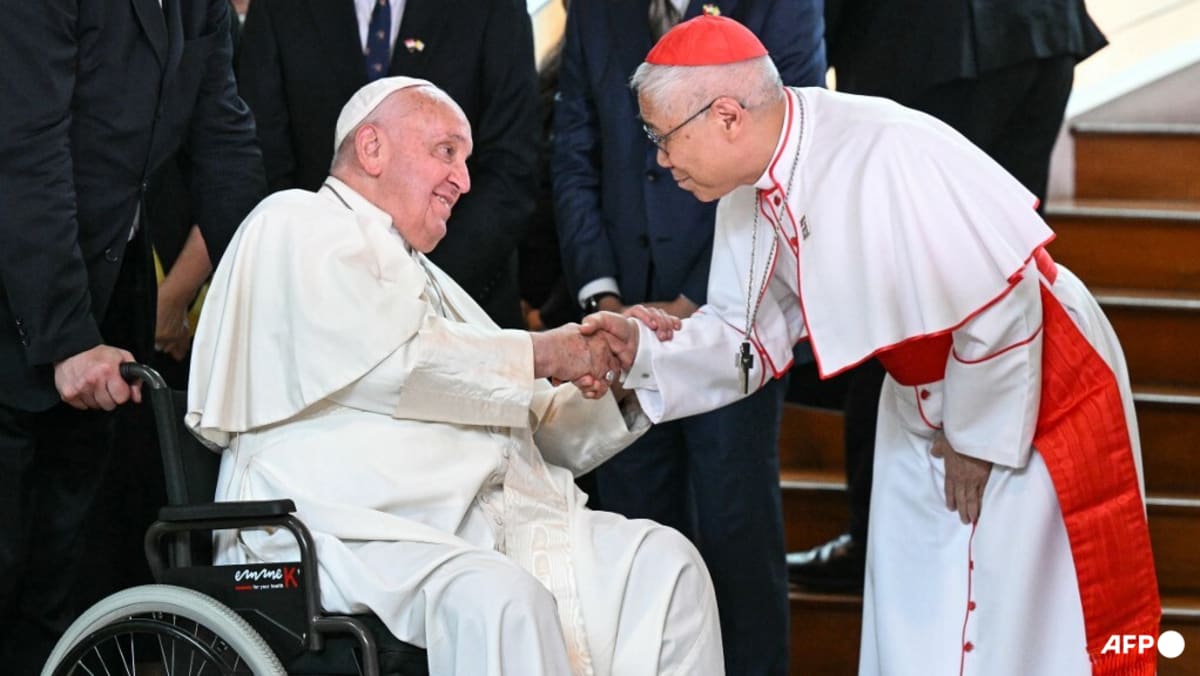
.jpg?itok=wKW5k2I2)
